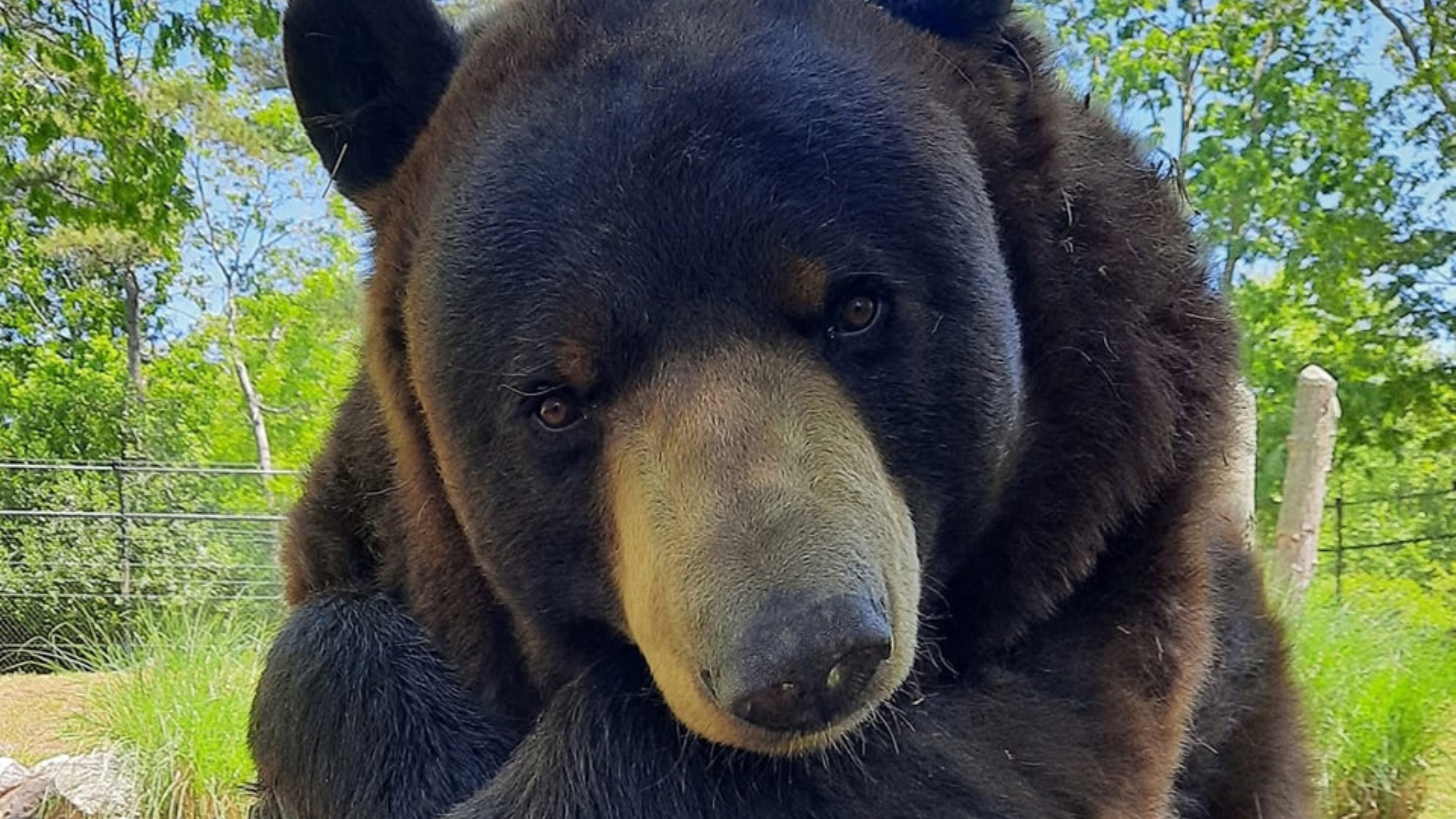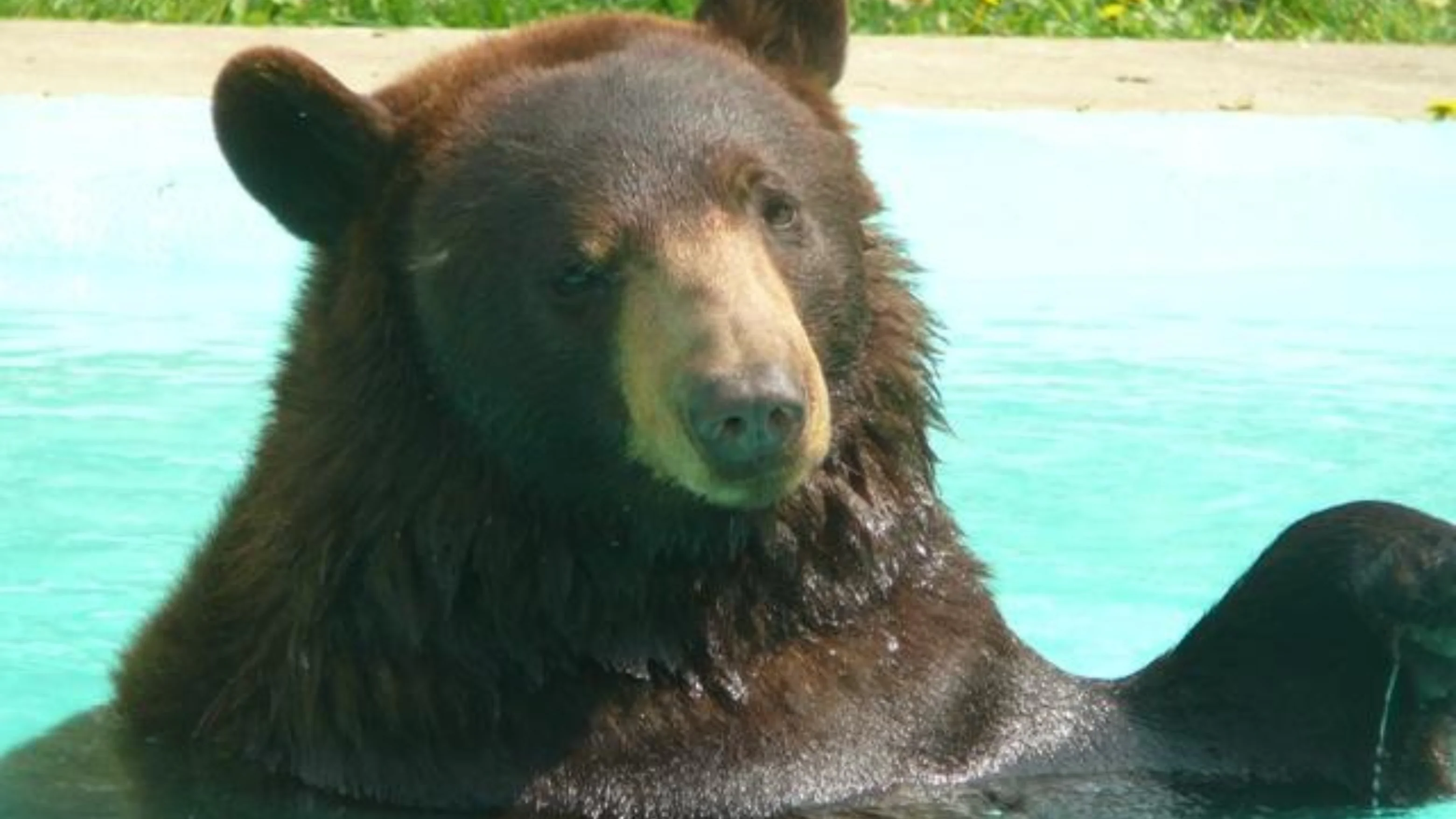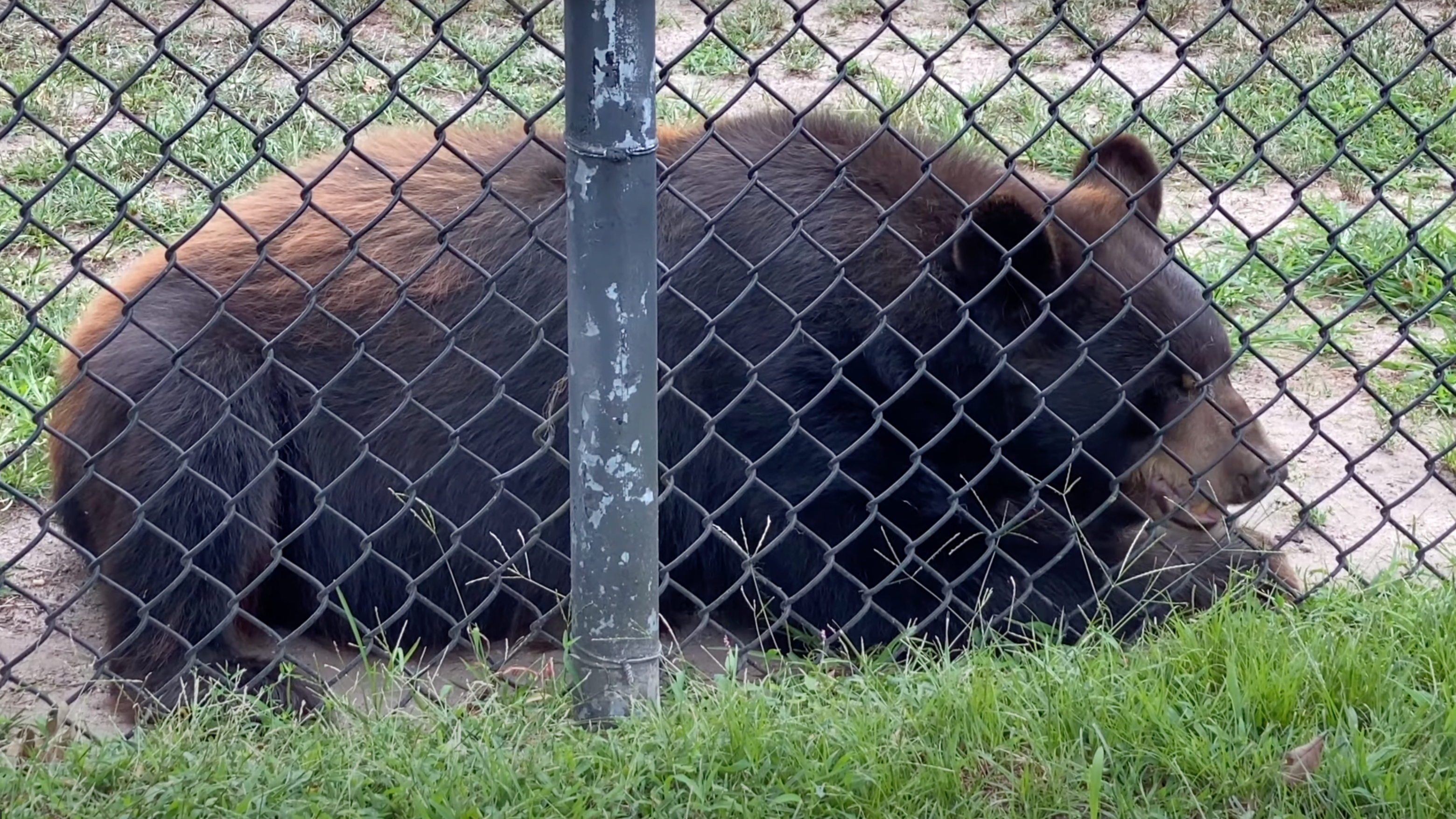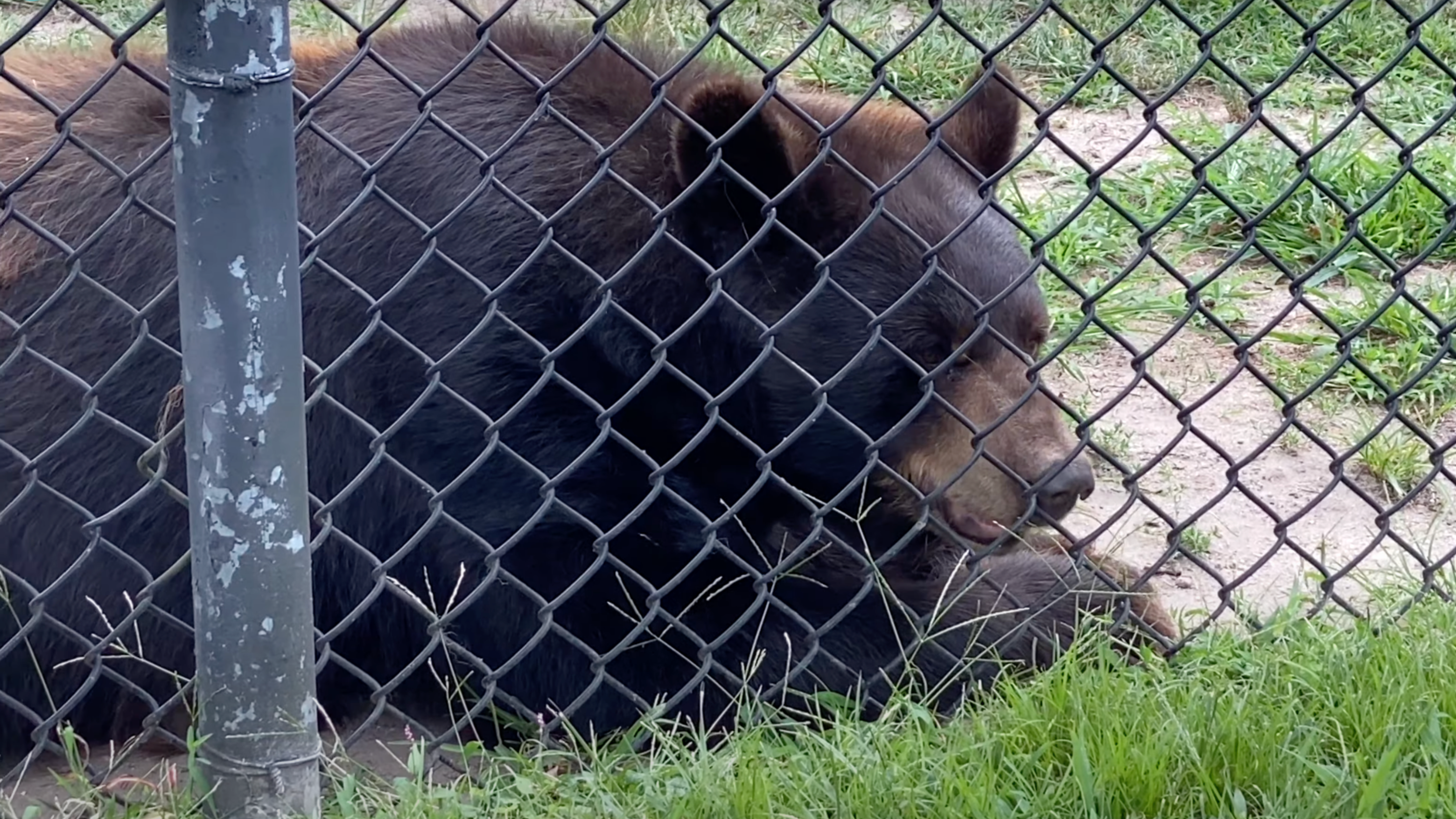Cape May County Zoo Mourns Loss of Beloved Black Bear, Cody
The Cape May County Park & Zoo is saying goodbye to one of its most recognizable residents–Cody, the American Black Bear–who passed away at the age of 20 following age-related health complications.
Cody, who had been a staple at the zoo since 2005, was humanely euthanized by the zoo’s veterinary staff after his condition worsened.

Cape May County Zoo Mourns Loss of Beloved Black Bear, Cody
His passing was announced in a post shared by the zoo on Facebook, where they remembered him as a “laid-back” bear with a “handsome appearance” and a love for peanut butter snacks, swimming, and shady naps in the corner of his yard.
The zoo staff added, “No matter what kind of day a keeper had, he always put a smile on their face. He was enthusiastic during training and always happy to cooperate–even if he was more interested in following his keepers around.

Cape May County Zoo Named Best Zoo In NJ
If you’ve been to the Cape May Zoo in the last two decades, there’s a good chance you saw Cody relaxing poolside or just taking it easy–something he had a talent for.
Over the years, he became a quiet superstar at the zoo.
Also See: New Ford Hybrid To Replace Iconic Wildwood Tram Cars

While they’re often called “black” bears, they come in a variety of colors–including brown, silver, and even white (like the rare “spirit bears” of the Pacific Northwest).
In the wild, black bears typically live 10–15 years, though in captivity–with proper care–they can live upwards of 25 years, just like Cody.

Despite their size, these omnivores are surprisingly plant-based, with 95% of their diet consisting of fruits, nuts, and grasses. They’ll also snack on fish, rodents, and carrion when the opportunity presents itself.

Cody did come to the zoo along-side his sister, Roxy, who is still at the zoo today.
The Wildwood Video Archive sends out our love to the Cape May County Zoo and their keepers on their loss.
